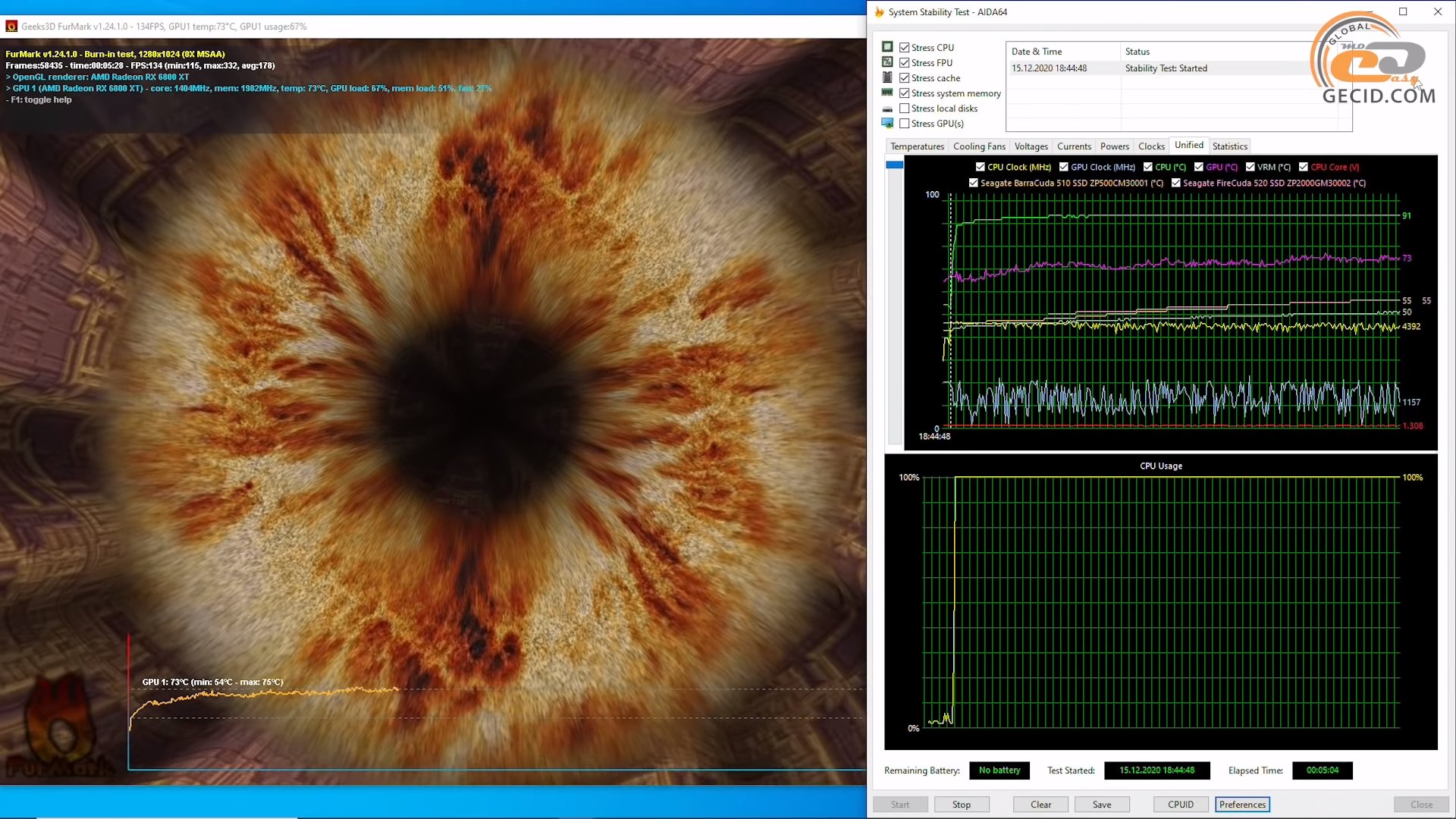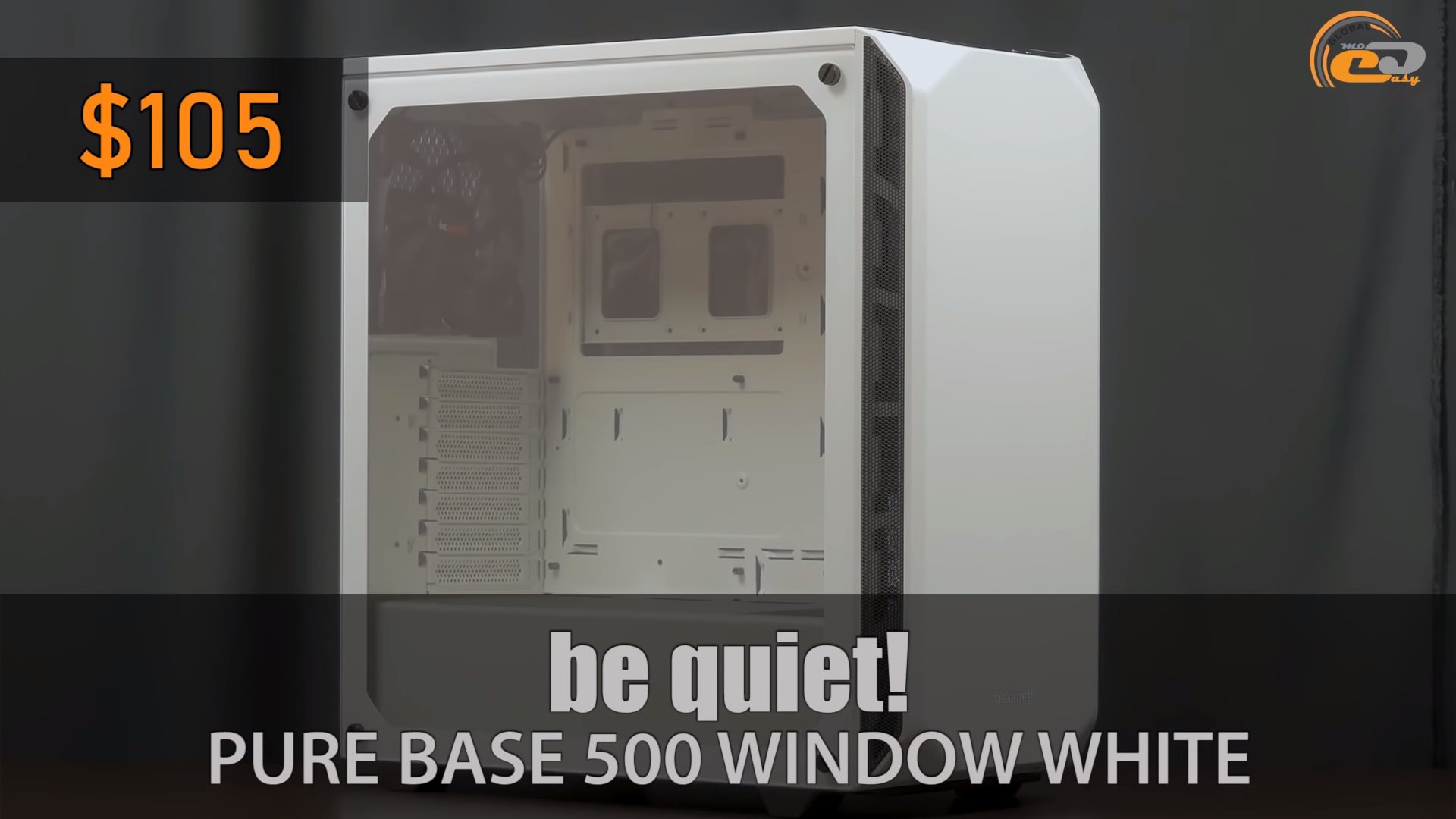
That means we could see further improvements here with newer BIOS updates. Overall the 500-series motherboard firmwares are mature, but there is continuing development on the memory and fabric overclocking front. However, if the silicon lottery shines upon you, we found that the chips offer much better memory overclocking due to improved fabric overclocking capabilities. We achieved DDR4-3800 with a 1:1 memory/fabric clock ratio, which wasn't possible with the previous-gen Ryzen 7 3800XT, but still short of the DDR4-4000 we achieved with the Ryzen 9 5900X. The Ryzen chips continue to expose 20 lanes of PCIe 4.0 to the user and stick with DDR4-3200 memory as the base spec.
#Amd 5800x series#
We'll cover that more in-depth below.ĪMD Ryzen 5000 Series CPUs Zen 3 Ryzen 5000 Series Processors We recorded many cases of a 4.5 GHz all-core boost with the Ryzen 7 5800X, which certainly wasn't possible with the previous-gen chips.

AMD says that if you top the chip with an adequate cooler, it will rarely (if ever) drop to the base frequency. For instance, the Ryzen 7 5800X comes with a 3.8 GHz base frequency compared to the previous-gen 3800XT's 3.9 GHz, but in practice, that isn't a meaningful distinction.

It's clear that AMD has spec'd the Ryzen 5000 processors conservatively.ĪMD also reduced Zen 3's base frequencies compared to the previous-gen processors. Given sufficient accommodations, the chips could exceed their specified boost clocks - our Ryzen 7 5800X sample frequently boosted to 4.85 GHz on a single core, which is well above the rated 4.7 GHz boost. However, the Ryzen 7 5800X has the same 4.7 GHz boost clock as its predecessor, the Ryzen 7 3800XT.Īs before, AMD only guarantees its boost frequencies on a single core, and all-core boosts will vary based on the cooling solution, power delivery, and motherboard firmware. With the exception of the Ryzen 7 5800X, AMD increased its Precision Boost clock rates across the board. The Ryzen 5000 series processors come as four models that span from six cores and twelve threads up to 16 cores and 32 threads.

For now, Zen 3 has caught Intel flat-footed with its Comet Lake chips, so you should only consider them as alternatives if they're retailing below the official MSRPs. Intel's Rocket Lake tops out at eight cores, so while those chips won't be able to challenge AMD's core-heavy Ryzen 9 processors, they could be worthy rivals for AMD's Ryzen 7 and 5 models. These new chips bring a back-ported Cypress Cove architecture that grants a “double-digit” IPC increase paired with Intel's never-ending line of 14nm chips. Early indicators point to these chips flaunting their own impressive gains in per-core performance. Meanwhile, Intel's response won't come until the first quarter of 2021 when its Rocket Lake chips blast off. That makes it hard to predict how pricing will shake out over the next months as supply normalizes. History indicates that, given sufficient supply, AMD's processors typically retail for far less than the official price points. Given the 10700K's low price point, it makes a solid value alternative - just be aware that you'll sacrifice performance.ĪMD's premium could be a disadvantage if Intel becomes more aggressive on pricing, but AMD's suggested selling prices rarely manifest at retail, and continuing shortages have found Ryzen 5000 chips selling far over recommended pricing. Given its other deficiencies, we don't see Core i9's extra threaded horsepower wooing away many Ryzen 7 5800X shoppers.ĪMD's Zen 3 suffers from a noticeable gap in its product stack: Based upon product naming alone, it appears there is a missing Ryzen 7 5700X to plug the $150 hole in the stack, but we aren't sure if AMD will actually bring a 5700X to market. For now, that gap allows the $374 Core i7-10700K to weigh in as a cheaper alternative to the 5800X, but you'll make plenty of tradeoffs for the lower price point. The aging Skylake microarchitecture doesn't have enough gas left in the tank to match the Ryzen 7 5800X's stellar performance in gaming or lightly-threaded work, but it does offer roughly 3% more performance in threaded performance. This chip serves as the gaming equivalent to the $490 Core i9-10900K and is $10 cheaper than the Ryzen 7 5800X. Intel's $440 Core i9-10850K comes into the picture with ten cores and 20 threads.

AMD Ryzen 5000 Series Processor Competition Zen 3 Ryzen 5000 Series Processors


 0 kommentar(er)
0 kommentar(er)
